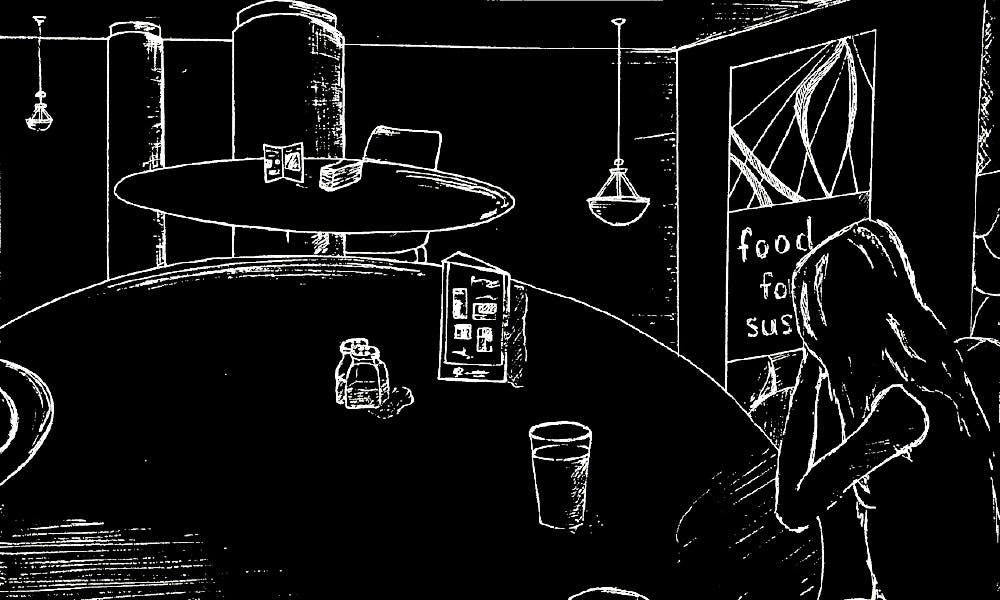Whether it’s dining halls or food trucks, restaurants or Wawa, let’s stop calling food disgusting.
The words most commonly associated with Penn Dining are probably “gross” or “disgusting.” A few times at Penn I have heard people describe restaurants on- or off-campus as “disgusting” as well. As a result of this, I'm often cautious to state my preferences for restaurants or food because I’m unsure of what others might think of it.
We are all entitled to our own preferences, but we should do our best not to degrade the preferences of others, especially when it comes to food. We also need to recognize the socioeconomic privilege and cultural insensitivity that's associated with calling food “disgusting.”

Class of 1920 Commons is currently one of two dining halls located west of 38th Street, along with Hillel. (File Photo)
Using that word is a two-fold problem. First, Penn students hail from a variety of different backgrounds. This means that people have different conceptions of food and how it is prepared, served, and eaten. We should try not to be so quick to judge or express disgust of other cultures and their food. Your disgust might be directed at a symbol of someone else's culture. Too often we don’t understand another group’s culture surrounding food and so we are disgusted by it. Many East Asians have had the experience of bringing food from home to school and being embarrassed while eating it in the lunchroom. I remember hiding my kimbap under the cafeteria table while eating it because of how other kids reacted to it.
Second, we all come from different socioeconomic backgrounds. We shouldn’t assume what others can afford to eat. Calling the food they eat “disgusting” when that’s what is feasible for them is degrading. People who haven’t had the luxury of eating high quality food for most of their lives may have a very different viewpoint on what kinds of food they like.
Saying that what someone else eats is disgusting is a way of putting them down, making them feel like they disgust us for eating the foods they want to, or are able to afford. It’s never our place to judge people in this manner.
It’s okay to have preferences, but the way we convey them is important.
SEE MORE FROM JOEL LEE:
Not everyone shares the same ‘subtle asian traits’
Don’t let your scary childhood piano teacher hold you back from pursuing music in college
Now, of course we should be working to make dining hall food healthier. The food at Penn could be better quality, and freshman should be able to opt out of the dining plan. Still, when we speak of disgust, it should never be used for food. We can convey a message of preference in a way that doesn’t unintentionally hurt others. There’s a difference between calling the dining plan “unhealthy” or “not worth the money,” and calling it “disgusting.”
The change I ask for is not a difficult one. It’s a simple modification of vocabulary: When we dislike a food, we can state our preferences in a more respectful way. Its effect, on the contrary, is huge. It will allow us to be more respectful of people's preferences and the food of their cultures. It will push us to acknowledge the privilege we have in being able to have high quality food, and understand the upbringings of others who are less fortunate. When we call what others eat to nourish themselves disgusting, we’re looking down on them, judging them, and calling their actions disgusting.

JOEL LEE is a College sophomore from Groton, Conn. His email address is joelslee@sas.upenn.edu.









